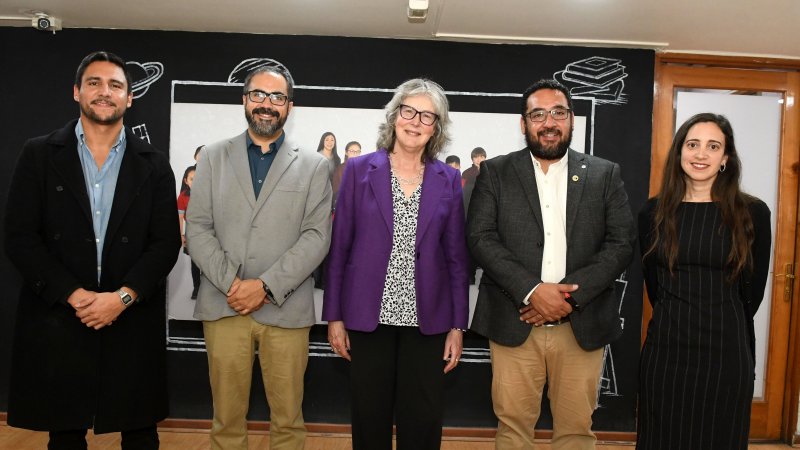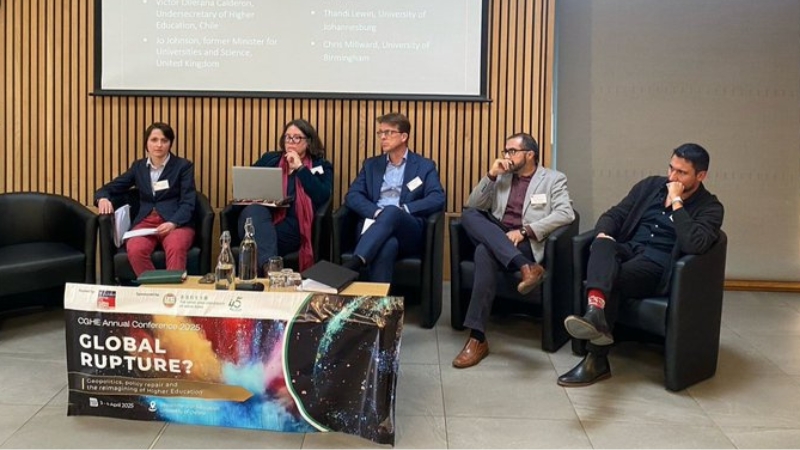Today, with a simple cell phone that has internet it is possible to stay informed: in the age of digitalization, access to news, especially breaking news, has never been easier. At the same time, the traditional media have been immersed in economic crisis and precariousness towards their workers due to the failures of their business models for a few years now.
In this context, interesting phenomena related to the power that the press has both in the citizenry and in the elite groups are experienced, especially if we consider the role it has played since the coup d’état, almost 50 years ago.
Analyzing these issues was the objective of the discussion “Power and Media: 50 years after the coup d’état” organized by the School of Economics, Government and Communications (Fegoc) with the participation of Alejandra Matus, journalist, author and professor at the School of Journalism of Universidad Diego Portales; Marcos Ortiz, columnist at Interferencia, administrator of the Twitter account Ojodelmedio and panelist at Canal Red TV.and the moderation of Ignacio Schiappacasse, member of the Max Planck-Ucen Group and member of the Research and Postgraduate Institute of the Fegoc (Fegoc).
“Although today we have a more diverse media system, because we not only have press but also radio, television and digital, despite these greater opportunities the media agenda continues to be set by a few media outlets. That is to say, today we have more means, but the agenda continues to be determined by a few,” commented the Central University researcher at the beginning of the activity.
He pointed to the fading of the alternative referents that were born during the dictatorship: “We thought that these media were going to consolidate in democracy, but unfortunately they tended to disappear towards the end of the nineties and beginning of the 2000s, there were practically none of them left”. He said that, on the other hand, El Mercurio has survived all these decades and “has continuously determined the agenda even of other media”.
Along these lines, Ortiz explained how the traditional media, even without being read or seen, position the issues. “Someone might say ‘I inform myself, but in my life I have never taken any of these media, how is it that they reach me if the role of the press is so outdated?’ and there are many academics who talk about Agenda Setting, that not only the media tell us what to talk about, but the other media as well that are hung up on this more traditional press,” he said, and added that “there is a process of spillover of news from the traditional print press to the rest of the media for different reasons, partly because the traditional press is seen as an opinion leader”.
Meanwhile, Matus, after reviewing the history of the Chilean press, analyzed why the alternative titles have less power than the traditional ones: “El Mercurio has money to pay, still, a battalion of journalists who cover the news on a daily basis and therefore describe reality. All the other alternative media, the small, the medium, we don’t have newsrooms”.
He concluded that “we have to be satisfied with critically analyzing what Mercurio publishes, because we do not have battalions of journalists to do labor news on health, economy, cities, medicine. None. So, the reality that remains and on which historians will go to see what happened in Chile between 1973 and 2023, has been published by El Mercurio”.





 600 582 2222
600 582 2222  admision@ucentral.cl
admision@ucentral.cl